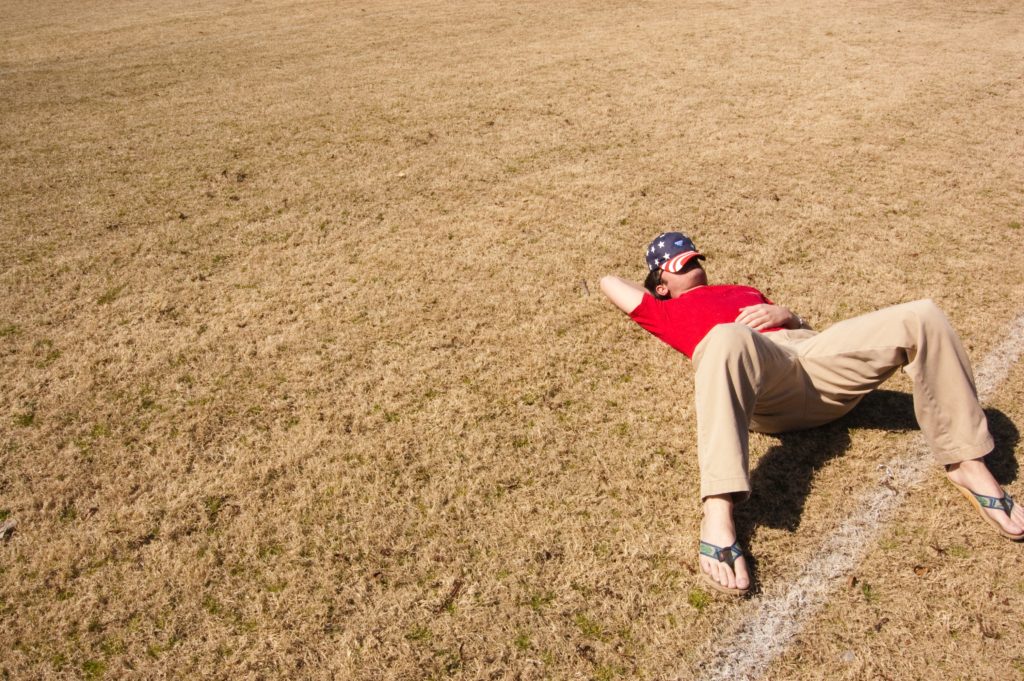We love to get into our exercise routines, but what happens when work travel, out-of-town guests, an injury, or rest days keep you from exercising longer than you anticipated?
Taking time off from exercise is good for your body. But taking too long can affect physiological changes the next day, while other changes don’t take too long to recover from.
Your Blood Pressure Rises
Your blood pressure can change within a day of not working out. Exercise raises your heart rate and helps increase blood flow. However, it’s not just exercise. Your diet, and genetics all play a role in regulating your blood flow as well.
Your Skeletal Muscle Starts Resisting Insulin
Exercise helps our muscles process insulin and absorb sugar into energy. When our bodies resist insulin the sugar is stored as fat, instead of energy. These changes can increase your risk for conditions like Type 2 diabetes and inflammation.
A few times a week, make sure to go on a 30-minute walk or a ten-minute high-intensity interval workout to keep your body processing insulin.
Your Muscles Shrink
This can happen fast. If you’ve been lifting weights, any visible gains will diminish within a week. But that doesn’t mean a reduction in muscle size would reduce your strength.
In a recent Outside Magazine article, studies have shown that “strength gains are actually dependent on neural responses in the brain or spinal cord.” So when you lift, you’re not just increasing the size of your muscles, you’re improving the communication between your brain and muscles. Which means that strength “won’t be determined by the size of your biceps, but by the actual capacity of your brain and muscles to complete a certain task.”
Your VO2 Max Drops
VO2 max measures the amount of oxygen your body can consume. It helps determine your cardiovascular capacity and performance potential.
Research shows that your VO2 max decline follows a half-life of roughly 12 days. So every 12 days, your VO2 max declines by half from where you started.
You Get Grumpy
Exercise has been shown to max us happier thank to its rush of endorphines. Staying active can alleviate anxiety and when you stop working out, your body struggles to handle stress. The best time to exercise is when you feel worse. Only by working out when you feel your worse, do you notice its benefits.
Read more about what happens when you stop working out on Outside.
If you’re injured it’s important to properly rehab. Dr. Sonja Stilp can help you address biomechanical errors leading to injury and help modify and optimize your training and exercise programs. She also gets grumpy when she doesn’t exercise.

